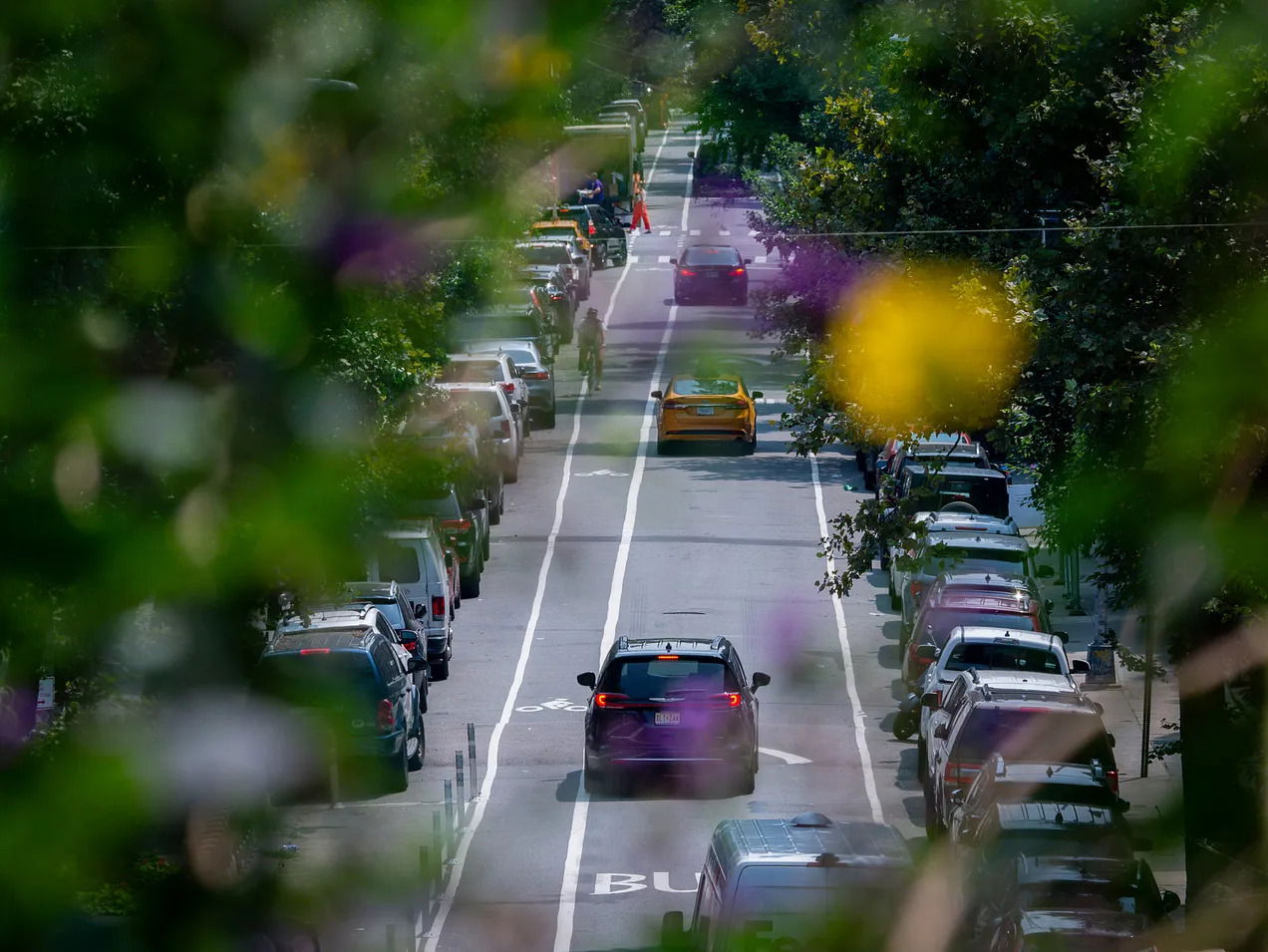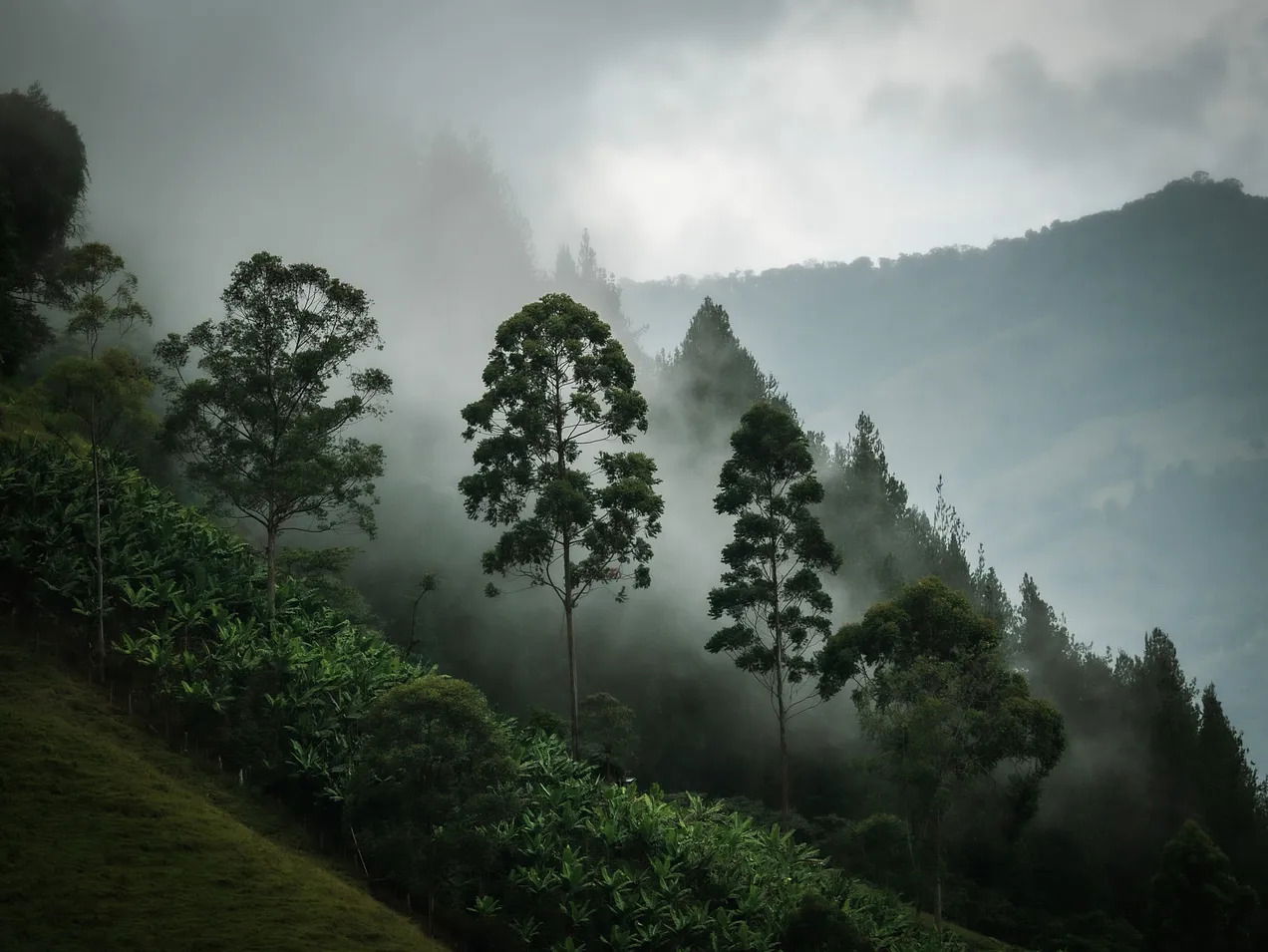Are we civilising ourselves to death?


· 6 min read
Roger Waters famously sang the song of a species that has amused itself to death.
We watched the tragedy unfold
We did as we were told, bought and sold
It was the greatest show on Earth
But then it was over
We oohed and ahhed, we drove our racing cars
We ate our last few jars of caviar
And somewhere out there in the stars
A keen-eyed lookout spied a flickering light
And when they found our shadows
Grouped 'round the TV sets
They ran down every lead
They repeated every test
They checked out all the data on their list
And then
The alien anthropologists
Admitted they were still perplexed
But on eliminating every other reason
For our sad demise
They logged the only explanation left
This species has amused itself to death
“This species has amused itself to death.” This statement captures in a painful and confrontational way what a huge part of our species is currently doing. We are amusing ourselves (increasingly rapidly) to death. Although we seem to have forgotten long ago what ‘amused’ actually means, and that we shouldn’t prioritise it over being fulfilled, healthy, nourished and loved. But what if, saying that we are amusing ourselves to death isn’t going far enough?
What if consuming ourselves to death is a consequence of our obsession with civilization and progress? Criticizing civilisation is not as accepted as criticising overconsumption and hyper-capitalism (within certain bubbles).
"We have plunged down a cataract of progress which sweeps us on in the future with ever Wilder violence the farther it takes us from our roots".
Carl Jung
The book Civilized to Death: What Was Lost on the Way to Modernity has made me reconsider my view on agriculture, the average age of humans, healthcare and community dynamics. Most importantly it invited me to peel off another layer of assumptions underlying the narrative of continued progress towards Better Futures. The obsession of the last centuries with progress and growth recently turned “green”. But Green Growth is a false lullaby once again leading to wild forms of violence. Just to name a few:
• The mining and human rights violation in Congo “The scramble for battery metals threatens to replicate one of the most destructive dynamics in global economic history.” (Green Energy’s Dirty Secret: Its Hunger for African Resources)
• Destruction of Indigenous land and violation of human rights in Finland for mining, wind energy and electricity reservoirs. (Miners hunting for metals to battery cars threaten Sámi reindeer herders' homeland)
• Clearcutting of forests to plant new trees for carbon credits, the absurdity is real! (A new destructive business: Carbon credits from tree plantations)
• Boosting of the EV transition under the presence of “green transitioning”. This actually leads to more batteries, human rights violations, car-related deaths, public space held hostage by private vehicles and unfortunately in many cases not even fewer emissions

New York - Photography by Mathijs De Lange
The Green Growth narrative is pushing for more individual EVs whilst ignoring sharing and public transportation. Governments are pushing private homeowners to insulate their houses whilst making it harder for people to live in communities. Recycling is hyped as a green solution, whilst businesses continue to boost unhealthy overconsumption constantly filed by the hyper-comfort selling marketing machine. But now they can tell you it’s “okay” because they are recycling.
"We are the only species that lives in zoo’s of our own design. Each day, we create the world we and our descendants are going to inhabit."
Christopher Ryan
As a reader of Shifting Horizons it's likely you a familiar with the feeling that something is wrong on a fundamental level. Even when you are healthy, supported by a lovely family, with access to nature and nourishing food, it can still feel like life isn't grounded right.
I agree with Christoper Ryan that this feeling arises from the total misalignment of our natural way of being human and the civilization caged ourselves into. For 95% of the history of humans on earth, we lived in small tight-knit forager-hunter communities. Without many possessions (and the few possessions were naturally shared), overflowing pantries, food waste, livestock and the tendency to hoard goods and opportunities. And most importantly without depleting and destroying the environment we inhabit and the social structures our species thrives in.

Jardin Colombia - Photo by me
"A mature civilization is caught in an entropy trap from which escape is well nigh impossible. Because the available energy and resources can no longer maintain the existing level of complexity, the civilization begins to consume itself by borrowing from the future and feeding of the past. thereby preparing the way for an eventual implosion"
Immoderate greatness, William Ophuls
Am I proposing to go back to hunter-gatherer community living? No, not for all eight billion of us. Although areas where indigenous hunter-gatherer communities still live must be protected and expanded. They are best equipped to care for the environment they understand to be an entangled part of.
”Despite the fact indigenous peoples make up around 15 percent of the world’s extreme poor and just five percent of the global population, they are protecting 80 percent of the world’s remaining biodiversity, according to data cited in Australia’s newly released 2021 State of the Environment report.”
Other communities and countries that have transitioned to 'civilization" long ago lost too much knowledge, capacities and social fabric to return to this lifestyle in a matter of generations. Even if we wanted, 8 billion seems too much to fragment into millions and millions of small hunter-gatherer bands.
Does this mean we are trapped in this unnatural, destructive, equal civilization until it implodes? Call it naive hope but until our civilization truly does implode, I believe we have the opportunity to learn from the past and shift horizons. Seeking potentially different pathways for the future. Where do we start? Like always, I suggest we start with questions. Questioning civilization, our needs, our idea of comfort, happiness, fulfilment and thrivability.
What if we Learned from hunter-gatherer communities and adopted ways of living that are closer aligned with our natural state?
• What if we remember we thrive in community?
• What if we rewrote history to uncover the lessons that have been hidden under false and one-sided narratives?
• What if we re-imagined "work" and the ways we are expected to spend our time on earth?
"The more we learn about foragers, the clearer it becomes that their lives are more aproximate expressions of human nature than ours are, in that modern market capitalism requires an array of subversions of our natural behaviour"
Christoper Ryan, Civilized to Death
This article is also published on the author's blog. illuminem Voices is a democratic space presenting the thoughts and opinions of leading Sustainability & Energy writers, their opinions do not necessarily represent those of illuminem.
Kasper Benjamin Reimer Bjørkskov

Degrowth · Regeneration
illuminem briefings

Biodiversity · Sustainable Lifestyle
Jesse Scott

Carbon Market · Carbon Regulations
Al Jazeera

Effects · Climate Change
Forbes

Sustainable Living · Climate Change
Nikkei Asia

Carbon Market · Carbon